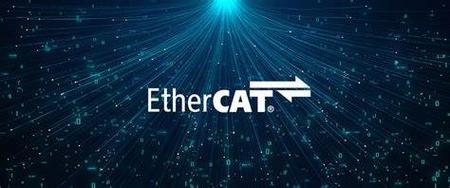Understanding ETH Domain Squatting: A Comprehensive Guide
ETH domain squatting has become a topic of interest in the cryptocurrency and blockchain community. In this article, we delve into what ETH domain squatting is, its implications, and how it affects the Ethereum ecosystem. By the end, you’ll have a clearer understanding of this phenomenon and its potential consequences.
What is ETH Domain Squatting?
ETH domain squatting refers to the practice of registering Ethereum domain names that are similar to popular or valuable Ethereum-related terms. These domains are then used for various purposes, often with malicious intent. Squatters may aim to redirect users to their own websites, sell the domains at a higher price, or engage in other fraudulent activities.

How Does ETH Domain Squatting Work?
ETH domain squatting involves the following steps:
-
Identify popular Ethereum-related terms or domain names.
-
Register these domains on domain registration platforms.
-
Set up a website or redirect users to another website.

-
Engage in fraudulent activities or sell the domains at a higher price.
One common method used by squatters is to register domains that are similar to popular Ethereum projects or terms. For example, a squatter might register “EthereumNetwork.com” instead of the actual website “Ethereum.org”. This can lead to confusion among users who are trying to access the legitimate website.
Implications of ETH Domain Squatting
ETH domain squatting has several implications for the Ethereum ecosystem:
| Implication | Description |
|---|---|
| Confusion among users | Users may end up on fraudulent websites, leading to potential loss of funds or personal information. |
| Damage to brand reputation | Legitimate Ethereum projects may suffer from negative publicity due to the actions of squatters. |
| Increased security risks | Squatters may use the domains to distribute malware or phishing attacks. |
Preventing ETH Domain Squatting
Several measures can be taken to prevent ETH domain squatting:
-
Use a reputable domain registrar: Choose a reliable domain registrar that offers domain protection features.
-
Monitor domain registrations: Keep an eye on new domain registrations that are similar to your brand or project.
-
Implement domain protection services: Utilize domain protection services that can help detect and prevent squatting activities.
-
Report suspicious domains: If you come across a suspicious domain, report it to the relevant authorities.
Conclusion
ETH domain squatting is a significant concern for the Ethereum ecosystem. By understanding the nature of this phenomenon and taking appropriate measures to prevent it, we can ensure a safer and more secure environment for Ethereum users and projects. Stay vigilant and informed to protect yourself from potential risks associated with ETH domain squatting.
